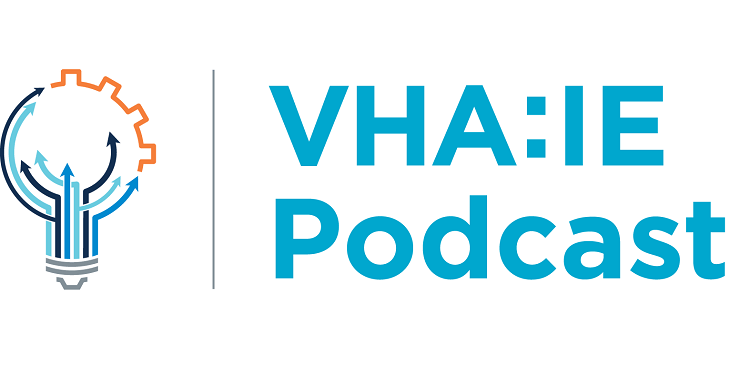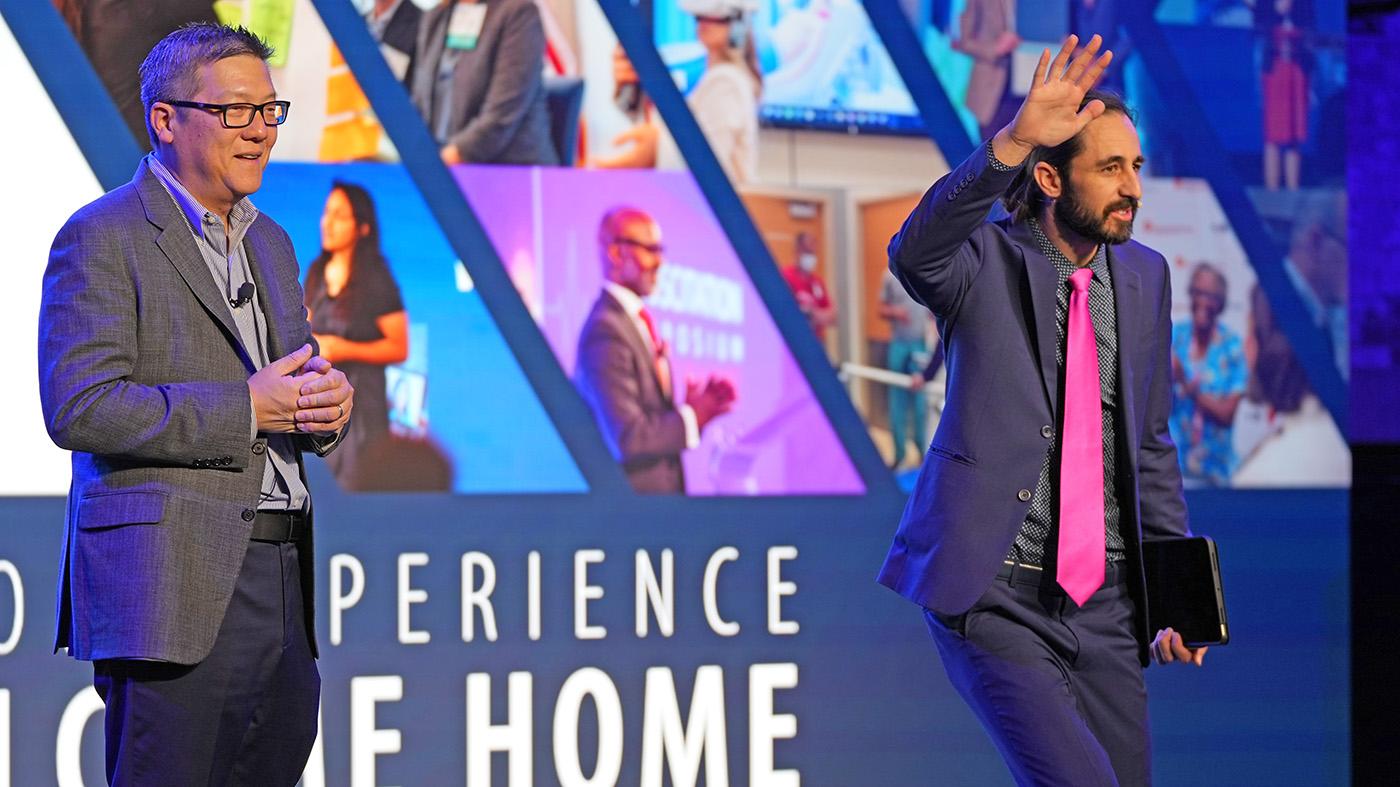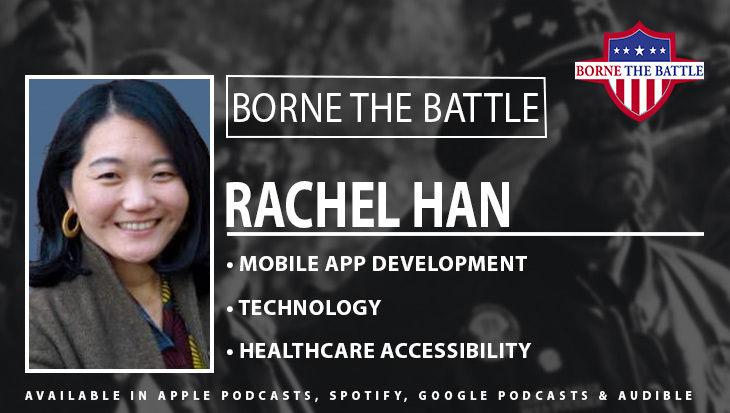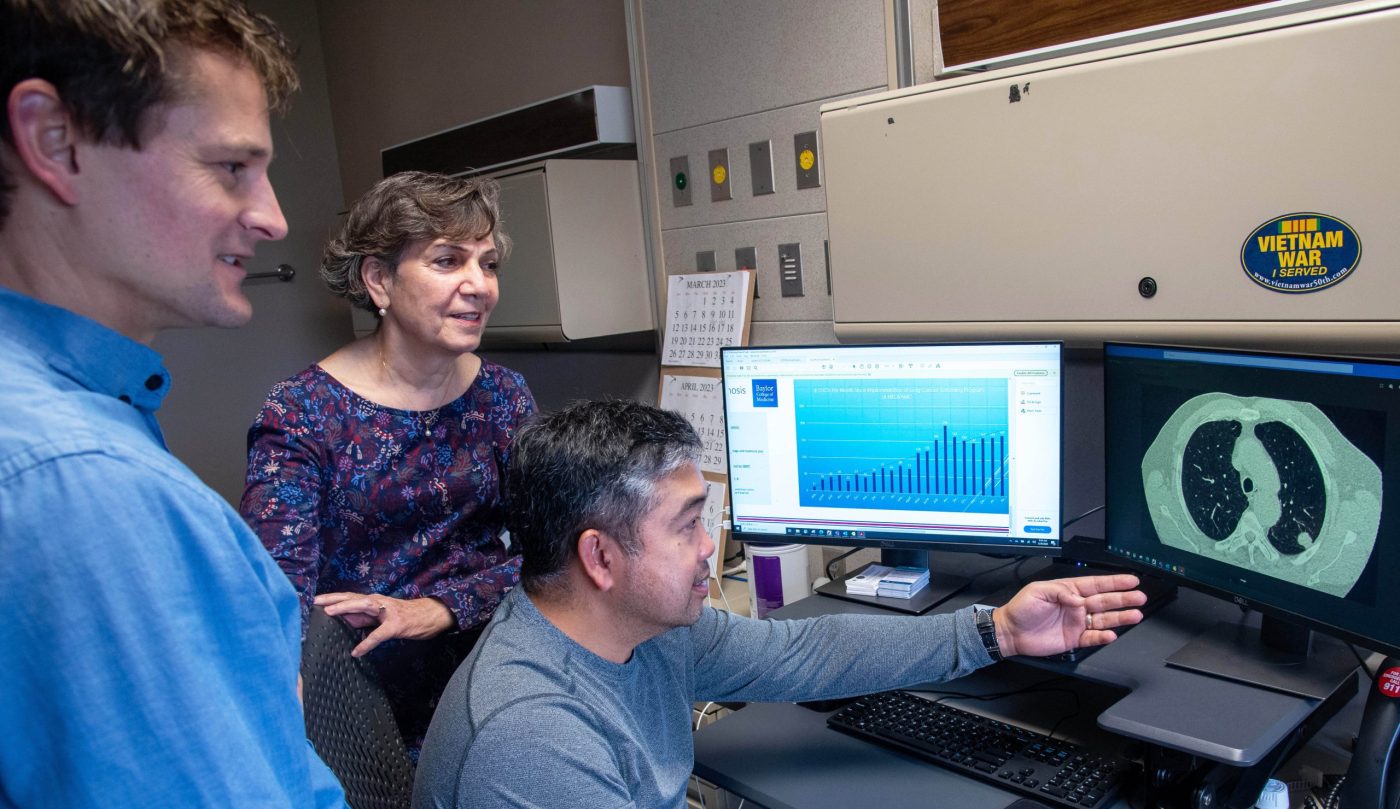The second episode of the new Veterans Health Administration’s Innovation Ecosystem (VHA:IE) podcast is out after the inaugural episode that looked at the new and innovative ways VA is targeting Veteran suicide.
In the show’s second episode, host Ryan Vega, the director of the Diffusion of Excellence Initiative, covers ongoing efforts at VA to tackle the opioid epidemic impacting Veterans, along with all of America. Combating the opioid crisis head on is key to reducing the number of Veterans who die from opioid overdoses, and to changing the way VA offers care to Veterans.
You’ll learn about innovative practices developed through programs like VA’s Diffusion of Excellence and the VA Innovators Network. You’ll hear how these practices are helping Veterans better manage their pain without opioids and saving the lives of Veterans who are already abusing opioids. The podcast also features an interview with the founder of Project Lazarus, along with a Veteran and peer support specialist for the non-profit, which is dramatically decreasing the overdose mortality rate in North Carolina.
The first VA effort highlighted in the episode is Pain University, which was identified through the Diffusion of Excellence Initiative. It is a comprehensive pain treatment program offering alternatives to opioids, and focuses on empowering Veterans in chronic pain to find the best ways to care for their specific issues, with the philosophy that no two Veterans’ pain is alike. Two of Pain University’s co-founders, Drs. Kristin Eneberg-Boldon and Wes Kurszewski from Tomah VA Medical Center, discuss how they educate Veterans through courses, materials, and instruction in the variety of ways chronic pain can be treated without medication. The results so far are staggering, with reductions in opioid use across the board and Veterans reporting reduced pain.
The second segment focuses on opioid overdose reversal through intranasal naloxone. Naloxone can reverse the effects of an opioid overdose if administered in time, so having it readily available for first responders is incredibly important. Two important VA initiatives are working to expand naloxone availability across VA. VA’s Opioid Education and Naloxone Distribution Program not only trains and educates Veterans in how to avoid opioid overdoses, but also distributes naloxone kits to key areas of hospitals and to VA first responders. The national program has already directly saved the lives of multiple Veterans who may have died from overdose otherwise. A Diffusion of Excellence gold status practice out of VA Boston Healthcare System, opioid overdose reversal, similarly seeks to expand access to naloxone, but focuses on VA police officers and automated external defibrillator cabinets. Pamela Bellino, and Drs. Elizabeth Oliva and Jennifer Burden discuss how they are working to expand their efforts to all of VA.
The episode concludes with an in-depth, insightful interview with Fred Wells Brason II, the founder and CEO of Project Lazarus, a non-profit that aims to empower individuals and communities to prevent overdoses and opioid poisonings, establish substance use support, and meet the needs of those living with pain. He is joined by Darrell Stone, a peer support specialist with Project Lazarus and a Veteran himself. The two share personal and intimate stories about their work trying to curb America’s opioid epidemic.
We hope you’ll join us once again as we continue to uncover the many ways VA is innovating to provide better care to the Veterans we serve.
If you are a Veteran in crisis or know a Veteran who is, please call 1-800-273-8255 and Press 1, chat online, or send a text message to 838255 to receive confidential support 24 hours a day, 7 days a week, 365 days a year.
The VHA:IE podcast is a new show dedicated to discussing and promoting the groundbreaking work being done across VA to advance our care and support of Veterans. Each episode, we will discuss a specific challenge that VA is facing, and how frontline employees and Veterans themselves are taking innovative steps to tackle these challenges. We’ll also be discussing these efforts on a broader scale with private sector organizations and individuals who are working in the same sphere. We’re hoping to give everyone a better insight into the many ways that VA is adapting and growing to an ever-changing Veteran population.
Topics in this story
More Stories
The 2023 Innovation Experience showcases the best of VA innovation and the impact of VA employees advancing Veteran care.
On this week's episode of Borne the Battle, host Pablo Meza spoke with Rachel Han from VA's mobile app team, who shared how VA is using apps as a digital bridge connecting Veterans to VA's benefits and services.
Less than two years in, an innovative lung cancer screening […]







What I see is the VA not helping those who very carefully use opioids and have never abused them, in fact the VA is causing them to suffer! The VA has records on those folks they have refused to refill in who meet the standard of limited use. But the VA chooses to lump everyone together, and treat everyone like an addict. I hope by God that those that came up with this idea , will be lying on the floor with their knee in their chest because their back is out and there is no relief, and they lay there for days.. Gabapentin is not a pain med. its bull to pretend it is and it wont relief the pain. It may make you dangerous to drive or even so dizzy you cant walk but you will still be hurting. Another wonderful move by a bunch of ignorant fat assed Bureaucrats. The VA is the swamp that needs draining.
I know there is an opioid problem in our country, but you cant just take away our meds and make it go away! My meds are the only thing that gives me any quality of life! I know of at least ten vets that were cut off meds and turned to heroin that killed them! they never had a problem overdosing on pain meds? so how do we justify taking there meds away? they are cutting mine so far down I am seeking alternatives already. I will not live in extreme pain period, i would rather die!!